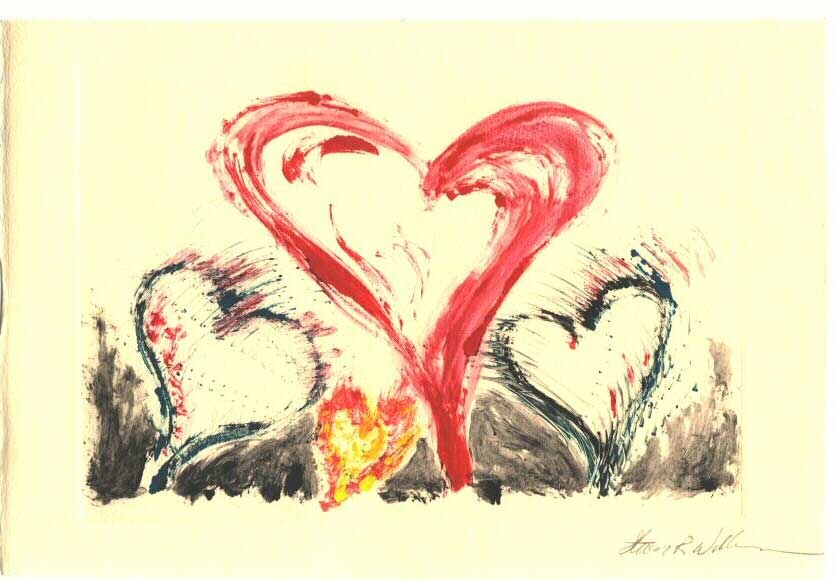 Engrossing.
Engrossing.Another of those books that I picked up to read for a few minutes before falling asleep, only to put it down much later, having finished it.
Isaac Cline was one of the early forecasters with the US government as it was attempting to establish its weather service. To someone accustomed to all the bells and whistles available to weather forecasters today, it was quite eye opening to read about the science of meteorology in its infancy. It was commonly held that attempting to predict the weather was folly.
Larson ably brings together the myriad factors which combined to allow the hurricane of 1900 to blindside Galveston. He discusses how the US government's contempt for and racism towards the Cubans, who had vastly greater experience with hurricanes, set the stage for the misjudgments regarding the path of the hurricane or even whether or not the hurricane was a hurricane.
By plumbing the perspectives and experiences of sea captains in the hurricane's path, Larson adds a layer of appreciation for the extent to which the storm was unforeseen. Larson also weaves in the personal story of Isaac and his brother, Joseph, whose relationship was yet another casualty of the storm.
Well-researched, the book also stands as a treatise on the phenomenon of hurricanes.


2 comments:
How unexpectedly interesting. One assumes that trying to predict weather would be applauded in a post-Enlightenment society. Not so. Then the racism against the Cubans and the hurricane surprised me.
And a great reason not to build a city on a sandbar...?? e.g. Miami Beach... Or below sea level??...e.g. New Orleans. At least, now, we know they are coming (or maybe not).
Post a Comment